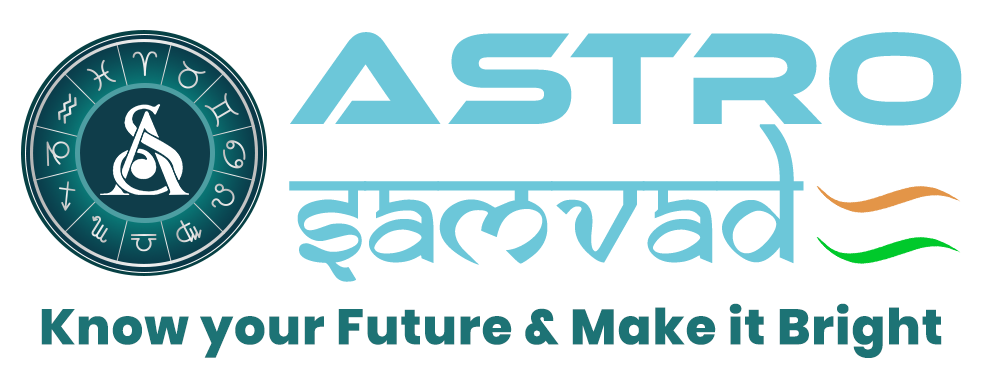Moon in Different Houses & Signs
Sun Sign v/s Moon Sign in Astrology
In astrology, there are twelve zodiac signs, and the placement of planets in these signs varies from person to person due to their continuous movement in the solar system. The sign where the Earth's satellite, the Moon, is positioned at the time of the native's birth is referred to as the Moon Sign, while the Sun Sign is determined by the position of the Sun at the time of birth. In magazines and daily columns, the latter form of astrology is commonly used.
Sun Sign v/s Moon Sign: The Differences
The Sun, often considered the most powerful celestial body in our solar system, plays a significant role in affecting human life. However, its influence primarily concerns our external personality rather than our inner self. The Sun stays in one sign for about 30 days, which makes it relatively easy to determine one's personality based on the birth date and Sun sign. While this method is commonly used, it doesn't always provide the most accurate representation.
On the other hand, the Moon takes about 2.5 days to move through a sign, and it represents a more detailed study of psychological, physical, and spiritual effects on our minds. The Sun symbolizes one's outer personality — how a person presents themselves to the world. In contrast, the Moon is a more accurate representation of one's inner self — who they truly are beneath the surface.
Why Vedic Astrology Values Moon Sign More
- You may have experienced situations where others don't perceive you in the same way you perceive yourself. This often happens because there can be contrasting tendencies between one's Sun sign and Moon sign personality.
- In Vedic Astrology, the Moon sign is often regarded as equally, if not more, important than the Sun sign. This is because the Moon sign allows for a more precise analysis of a person's personality and future events.
- To calculate the Moon sign, the exact place, date, and time of birth are needed. The Moon is given particular importance in Vedic astrology because it governs emotions and the mind. Due to its rapid transitions, the Moon's effects are more immediate and influential in our lives compared to other planets. Its waxing and waning phases are frequently linked to mood swings and emotional changes in a native.
- The Moon, being the closest celestial body to Earth, completes one revolution around the Earth every 28 days, a cycle often associated with the menstrual cycle, femininity, and motherhood. It governs one's intrinsic qualities, dislikes, temperament, instincts, emotional makeup, and overall mental state. It also sheds light on one's peace of mind and mental health.
- Additionally, the daily astrological predictions that you read are typically based on the Moon's position. This allows you to consider its impact on your everyday life. In summary, the Moon reflects your true inner self, while the Sun helps you project an image of yourself to the world.


